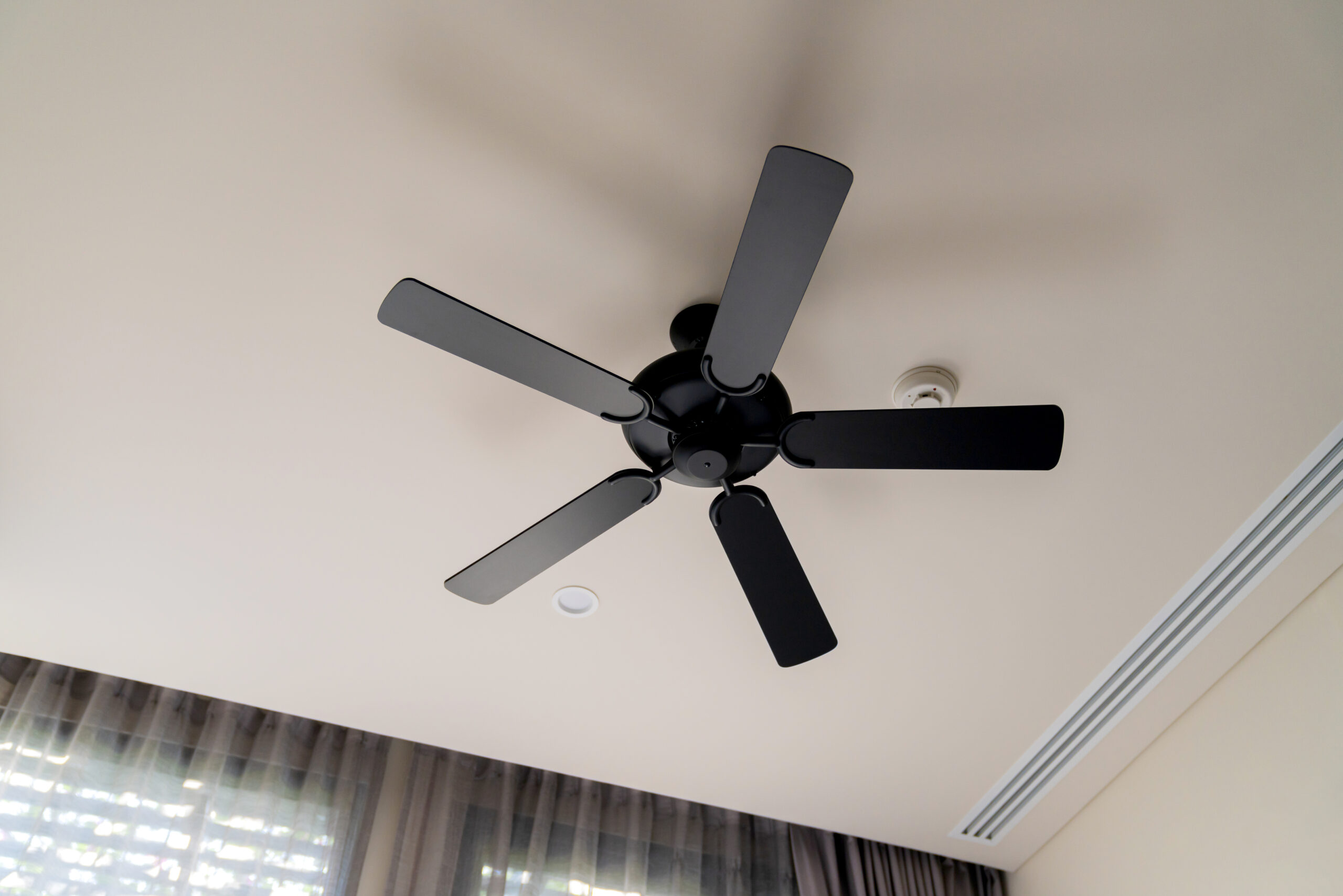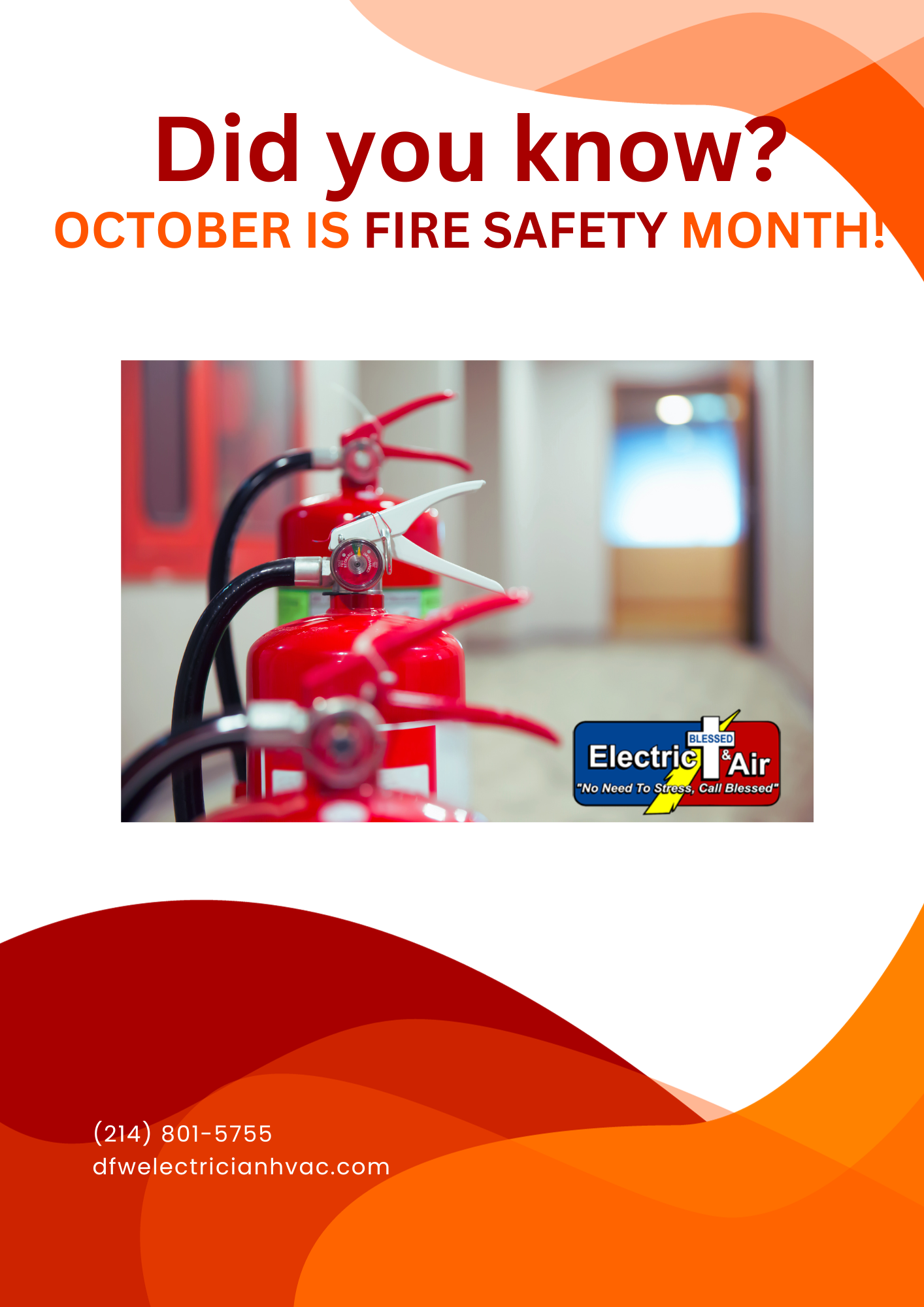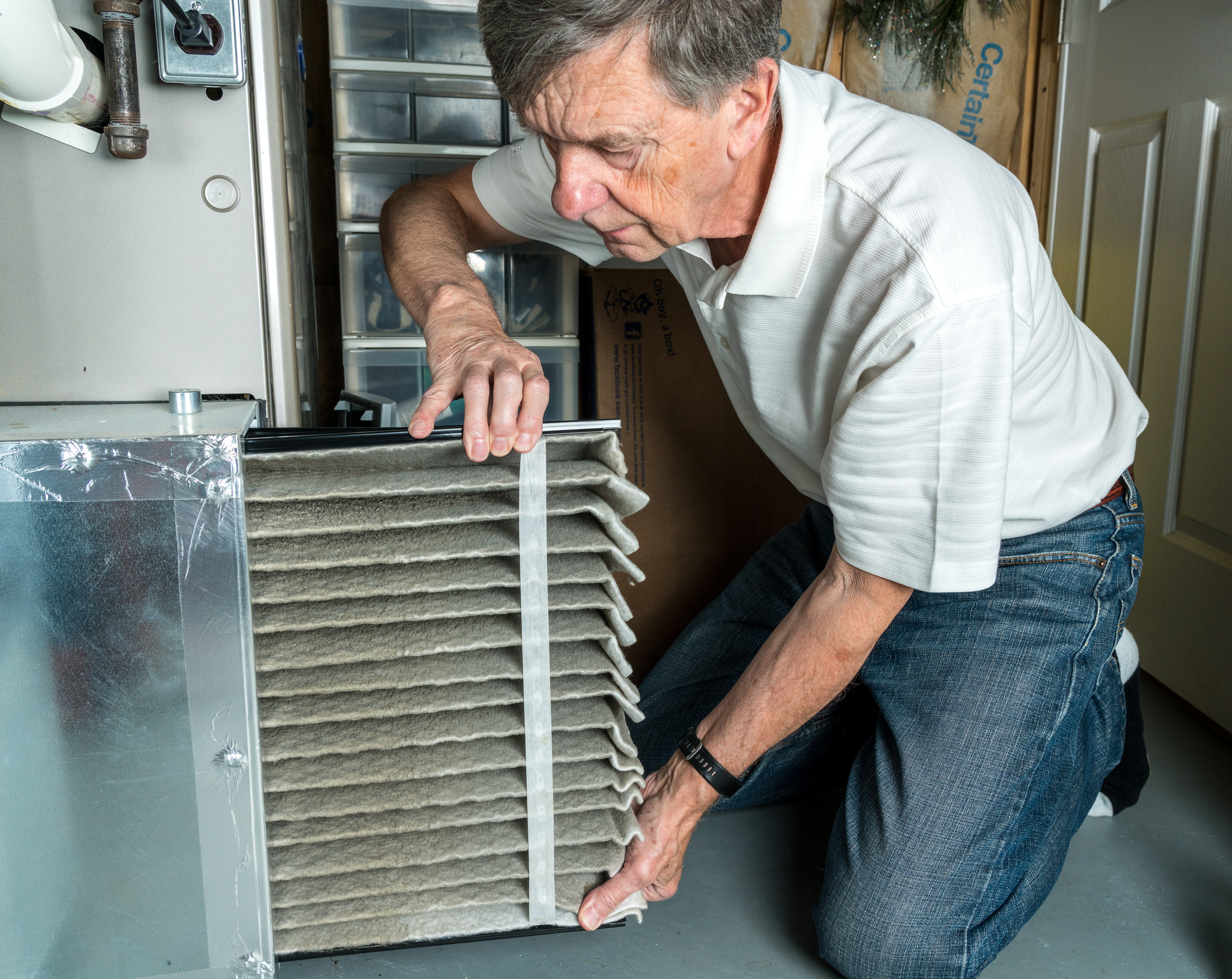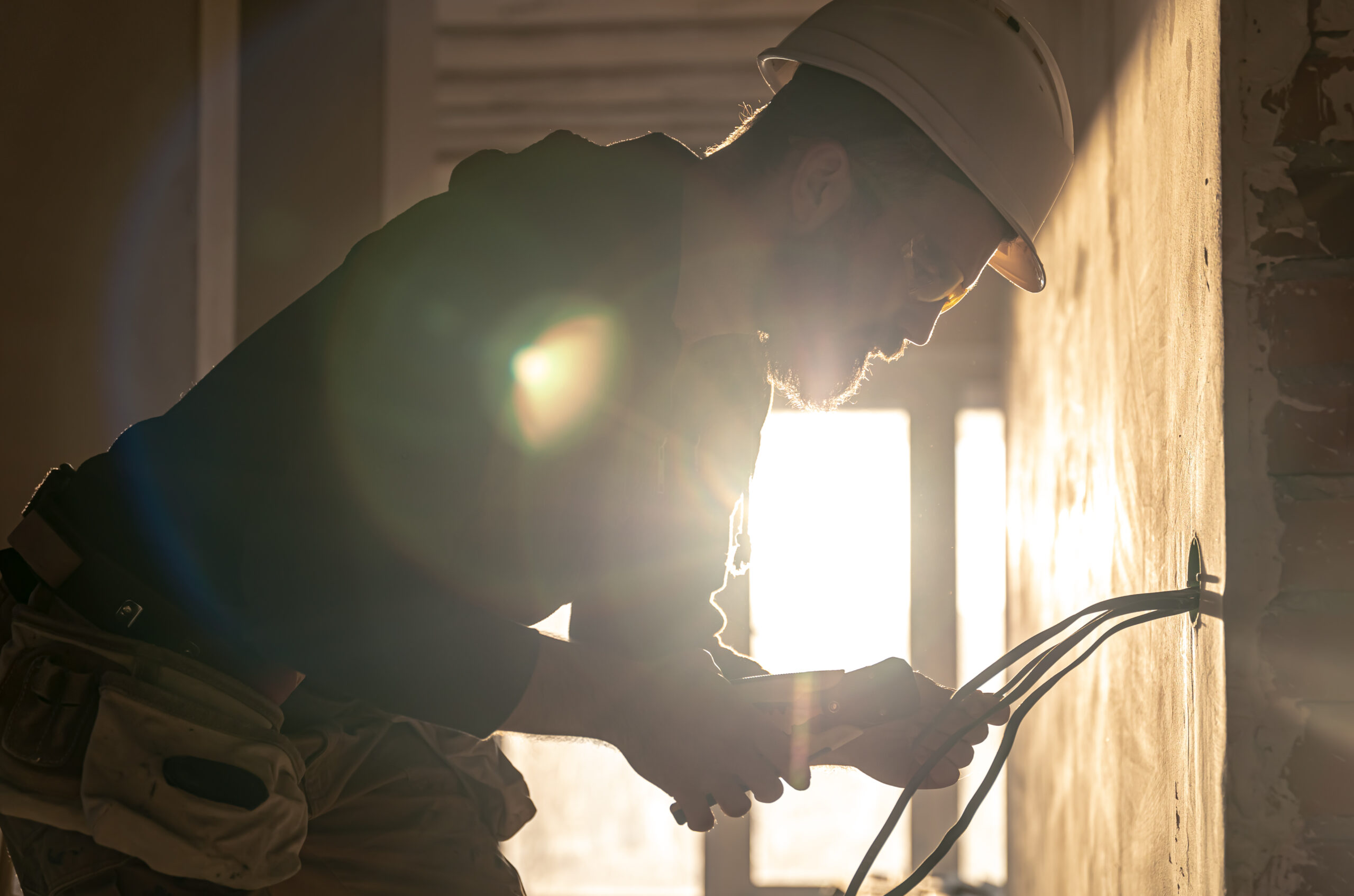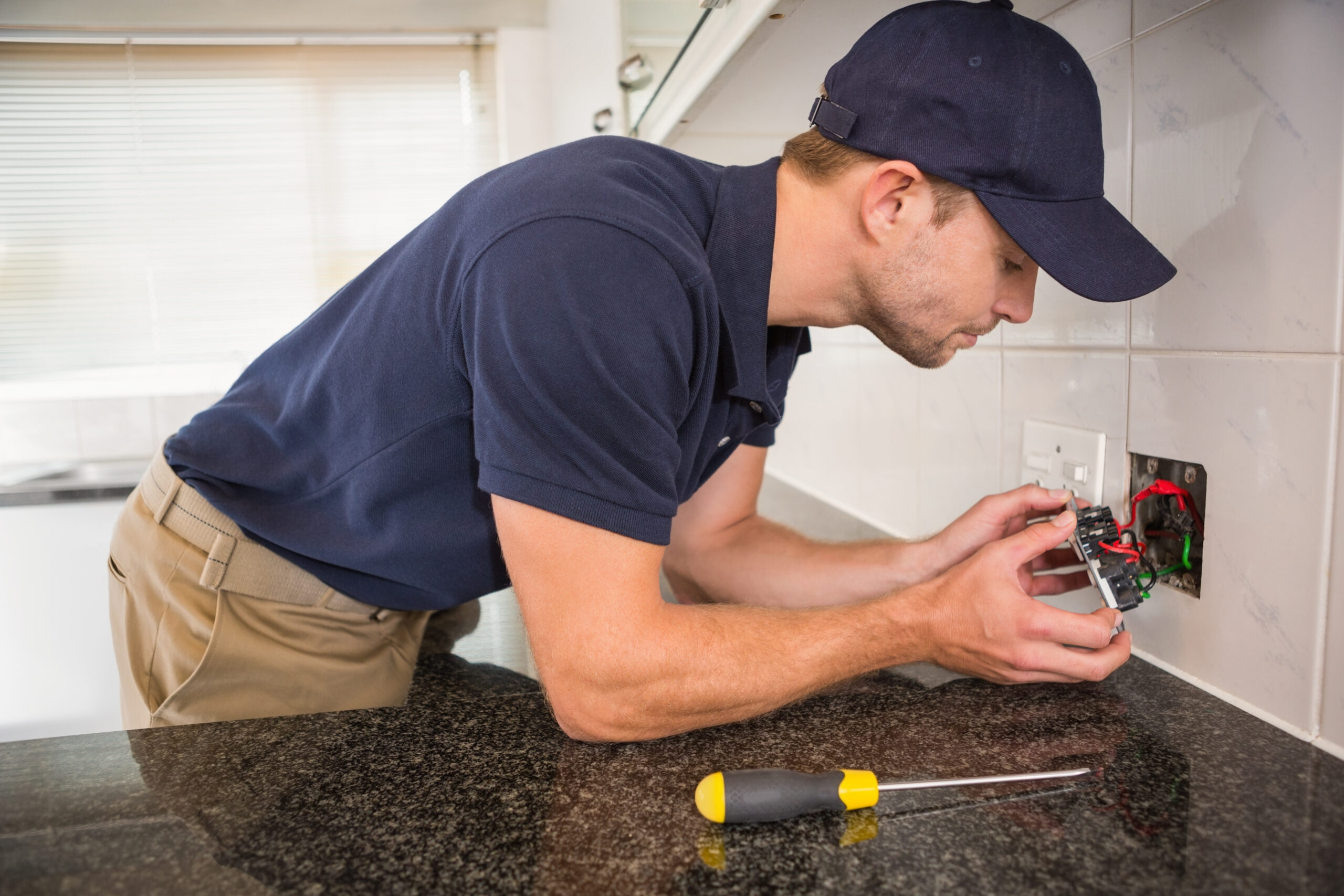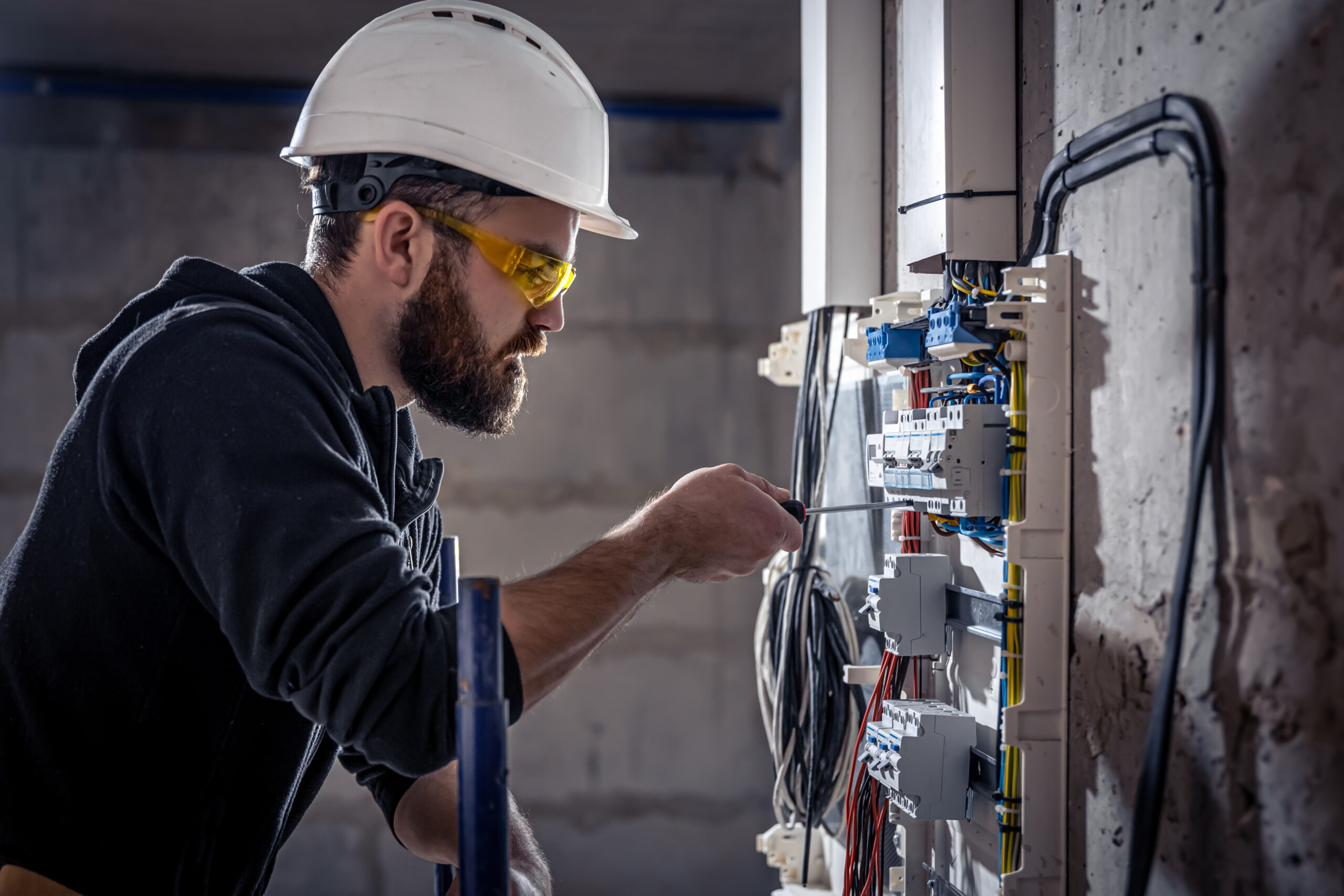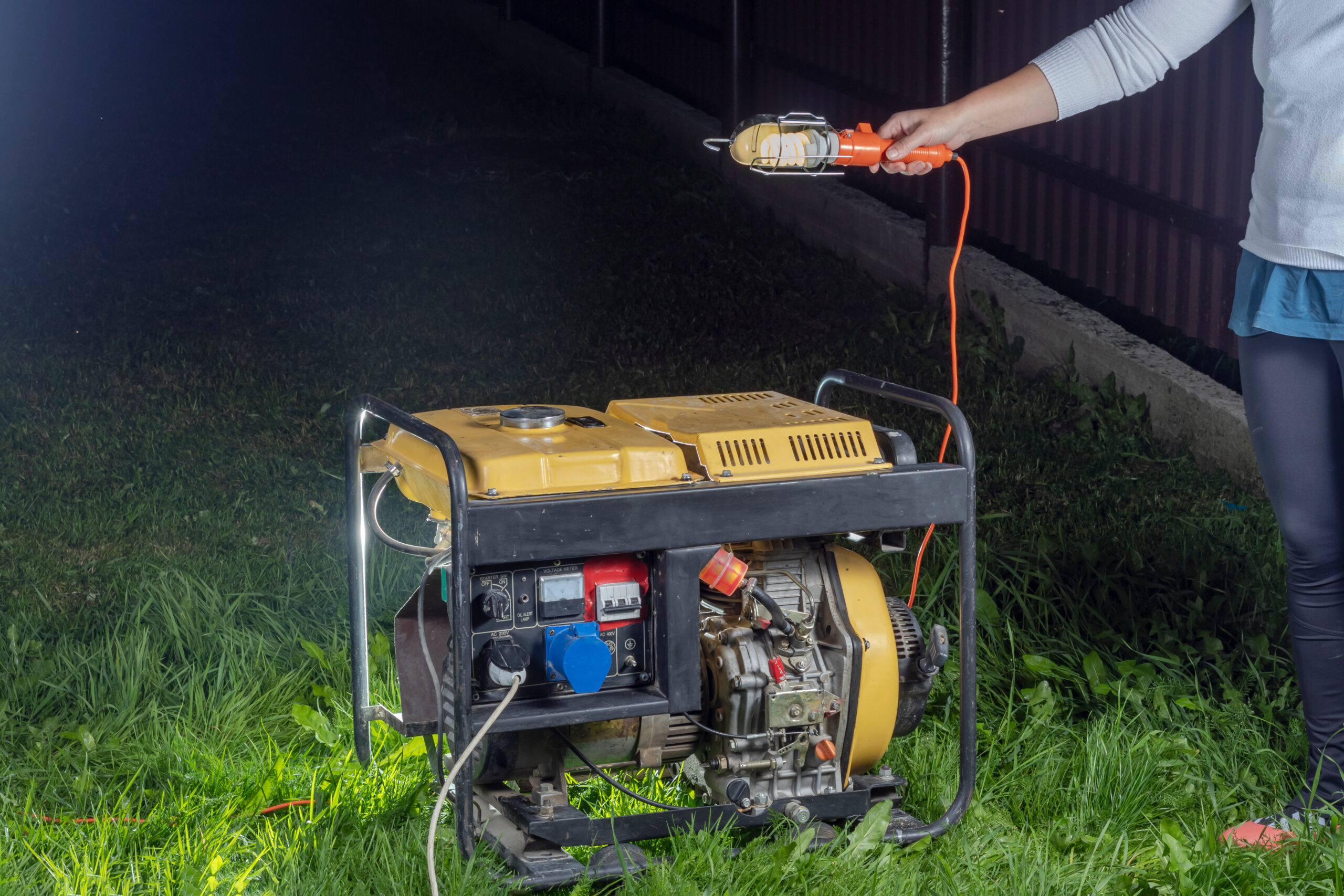When choosing between whole-house surge protectors and traditional ones, many focus on the big, scary lightning strikes. It’s true that these things can happen and can be protected.
Throughout the year, your home will likely experience dozens of smaller surges in voltage. When these mini-surges occur repeatedly, they can damage or destroy expensive electronic and appliance components. One day, for example, your two-year-old refrigerator may stop working. It’s called “death by a thousand cuts.” Fortunately, there are two ways to stop the bleeding.
Surge protector for power strips: This device protects all electronics connected—a surge protector in a home office or a room with critical electronic equipment. When you buy a handful, the economics change – but individually, they’re cheaper than the alternative.
An electrician installs a whole house surge protector in the home’s electric panel to protect all electronics downstream. It is more expensive and requires professional labor, but it may provide more cost-effective and resilient protection over time.
Surge protectors for the whole house: pros and cons
Do whole-house surge protectors have any advantages or disadvantages over traditional surge protectors? Is it worth it to invest in a whole-house surge protector? It would help to consider your surge protection goals when answering this question. The answer is yes for homes with many hard-wired appliances that power strip surge protectors cannot protect.
The following are three pros and cons to consider:
- A whole home surge protector offers a high level of surge protection.
- There is a cost difference between whole home surge protectors and traditional surge protectors.
- An entire home surge protector provides peace of mind.
My goal in this blog post is to help you determine whether you need whole-house surge protection.
What is the purpose of a whole-house surge protector?
Let’s define a whole house surge protector before weighing the pros and cons. From a visual perspective, it doesn’t look exciting – it’s a gray box next to your home’s electrical panel. However, what it does is pretty cool. This device activates when it detects an irregular voltage – anything from a lightning strike to a minor flutter. Keeping your home’s electronics safe from spikes, it diverts excess voltage into the ground before it reaches them. Unlike power strip surge protectors, a licensed electrician is required to install whole-house surge protector.
Next, let’s discuss whole house surge protector pros and cons.
Pro: Surge protection for the whole house offers high protection against surges.
According to NEMA, up to 80% of surges originate inside buildings. A hair dryer or air conditioner may also cause these, although they are usually small and caused by loose wires, malfunctioning appliances, static electricity, or load shifting. Electronics can be damaged and shortened by seemingly small surges over time.
Despite being relatively rare, power surges and lightning strikes can cause immediate, significant damage to your home and electronics. It is also possible for a high-surge event to spark a fire, which can put everyone inside a house at risk.
In most power strips, surge protectors only provide low-level surge protection, so they won’t work during a high-surge situation. Meanwhile, whole-house surge protectors are effective at reducing both kinds of surges.
In some area’s with frequent severe storms or grid outages, you should install a whole-house surge protector to provide the highest level of protection for everything under your roof. Nevertheless, they will cost more, bringing us to our second point.
Con: Surge protectors for the whole house are more expensive.
Home surge protectors protect all connected electronics, while device-level surge protectors provide only device-level protection.
A surge protector will likely suffice if you are only concerned about protecting specific electronic devices, such as your home computer or television. It will provide the protection that you need for that particular device. Due to their plug-and-play nature, strip surge protectors don’t require installation. A surge protector typically costs between $15 – $50; remember, a quality power strip is well worth the investment.
Buying more than one of these strips in today’s connected world is probably necessary. You should have one in your home office. An entertainment center should have one. It’s the same with your bedroom TV. So you’re considering spending well over $100 – and then you wonder if it’s worth investing more in a whole house surge protector. You must pay between $200 and $700 to purchase and install a whole-house surge protector.
In addition, power strips won’t protect electronics directly wired to your electrical panel. There are several items that can cost well over five figures, including HVAC systems, electric stoves, ovens, range hoods, washers, and dryers. This is why they are often your house’s most expensive electronic components. The best way to protect these is by installing whole-house surge protection. In addition, a growing number of household appliances are now “smart” and connected, which makes them more expensive than they used to be. As a result, one high-surge event could destroy electronics worth tens of thousands of dollars.
Pro: There is a greater sense of security with whole-house surge protectors.
When weighing the pros and cons of whole-home surge protection versus traditional surge protectors, it shouldn’t just be about dollars and cents but also about emotions. Some of us worry, and others don’t. Some of us are willing to take on more risk.
The Bottom line: Is it worth buying surge protectors for the whole house?
Does it make sense to invest in surge protectors for the entire house? Generally, yes. If you consider the possibility of equipment damage costing more than $10,000, the average cost for whole-house surge protection and installation is between $200 and $700.
The need for whole-house surge protectors is growing as our homes become increasingly equipped with intelligent but sensitive electronics that power strips cannot protect. It is up to you to opt for strip surge protector and forego extra peace of mind.
To learn more about how surge protectors work and if they suit your home, contact Blessed Electric And Air Today!

